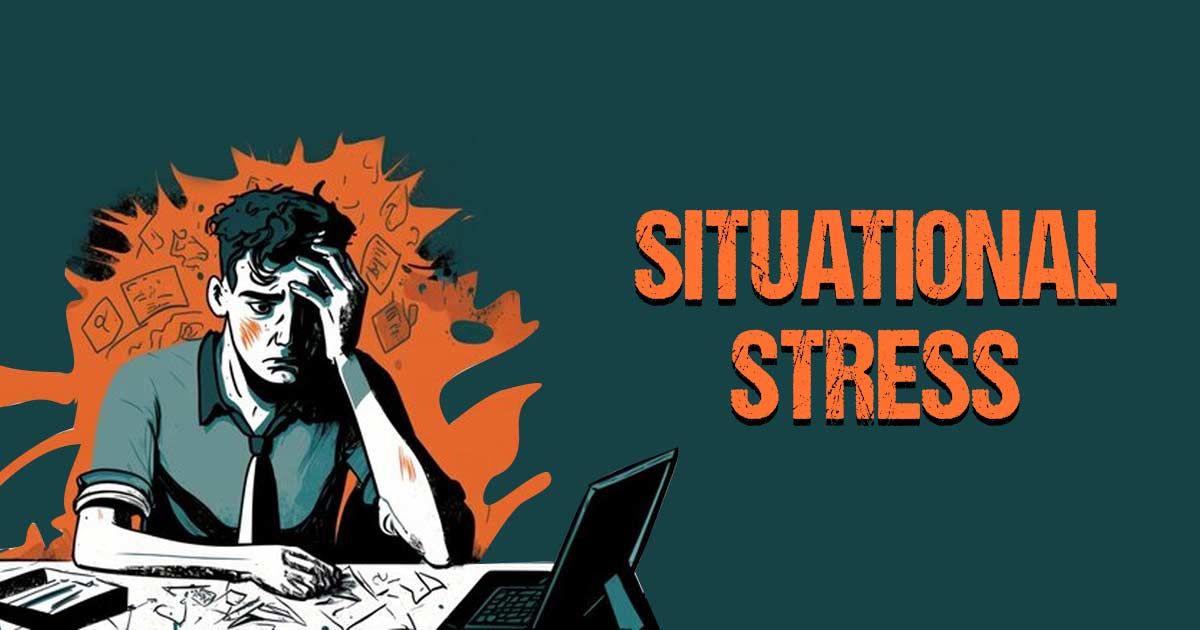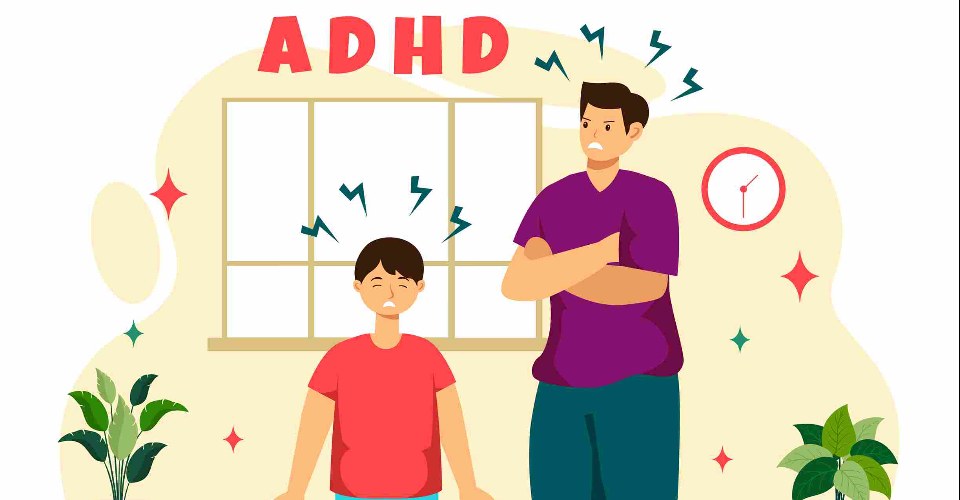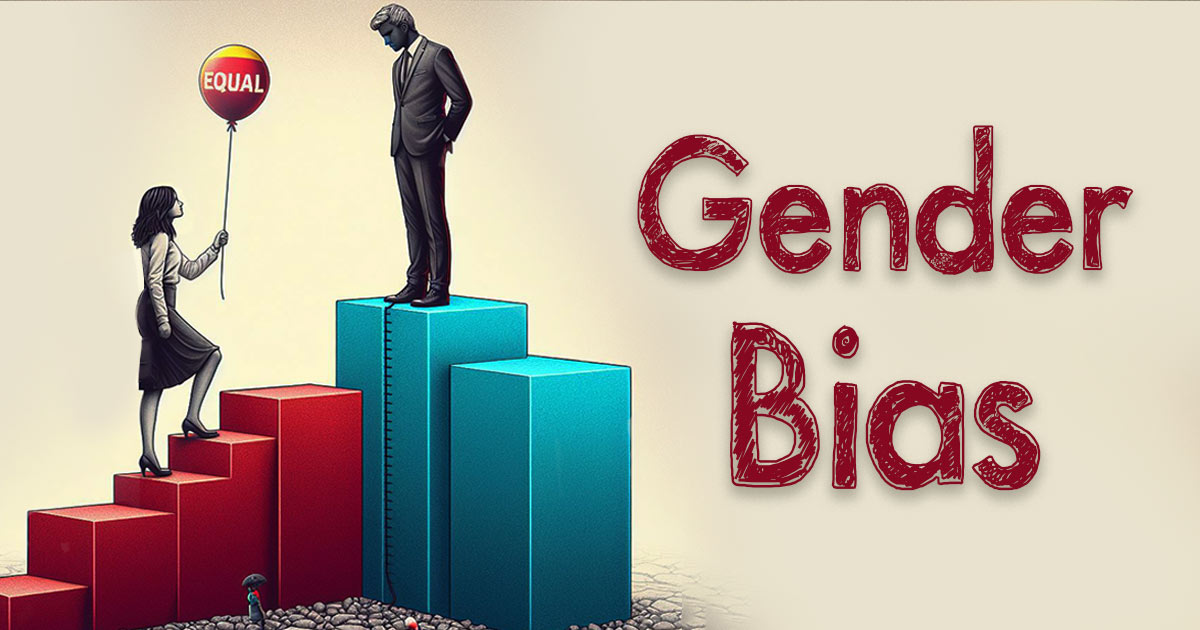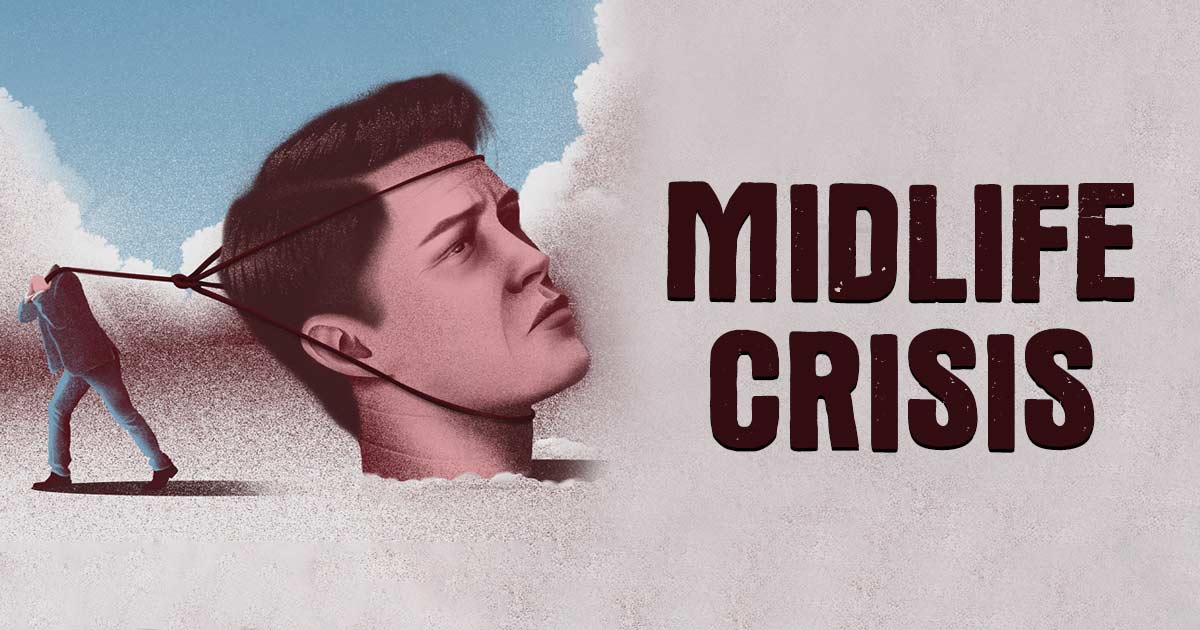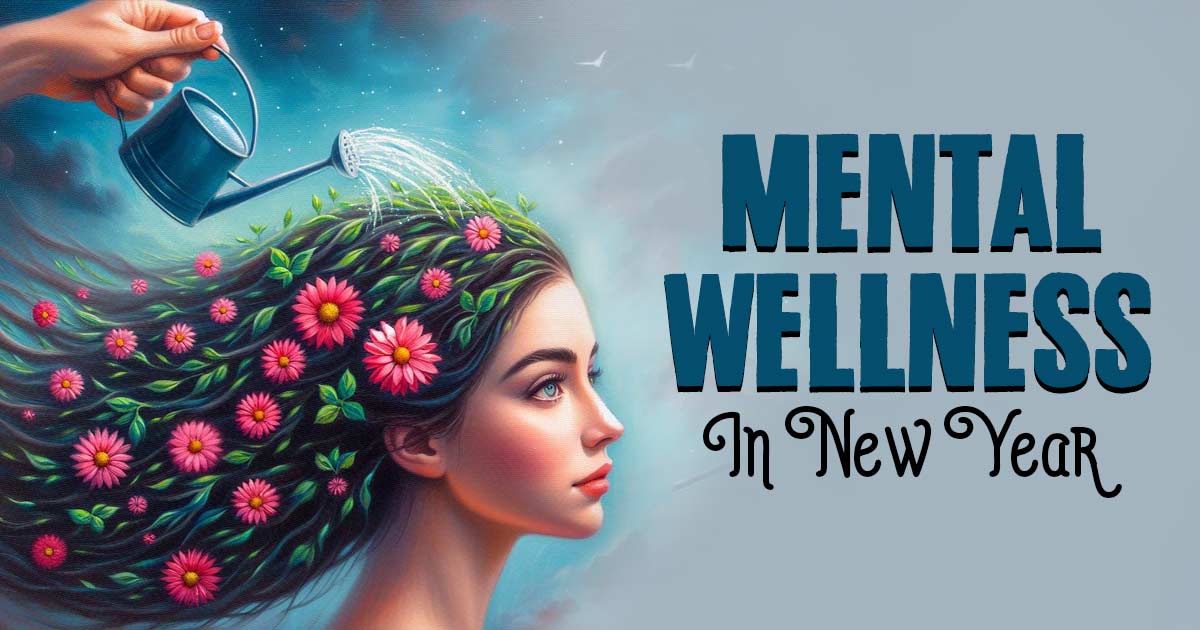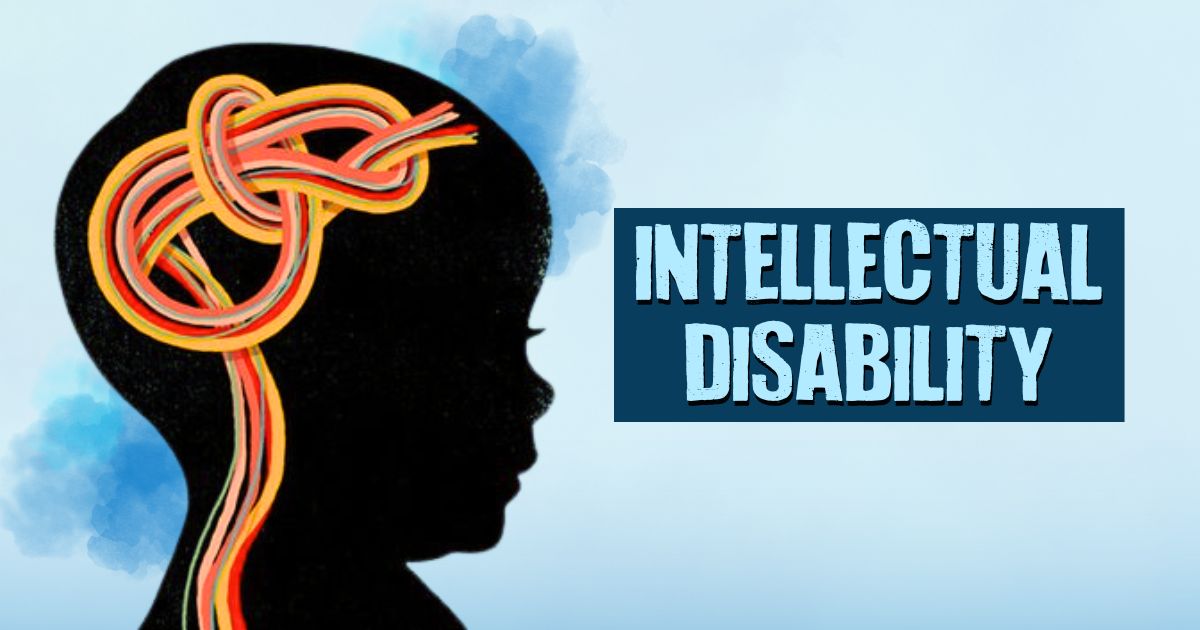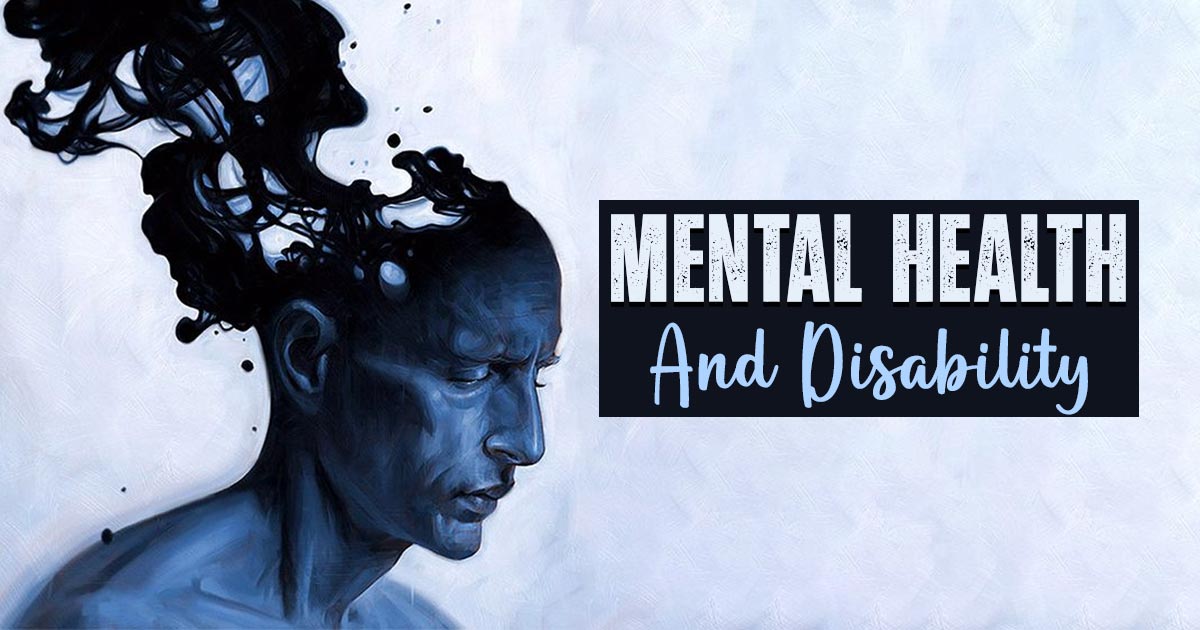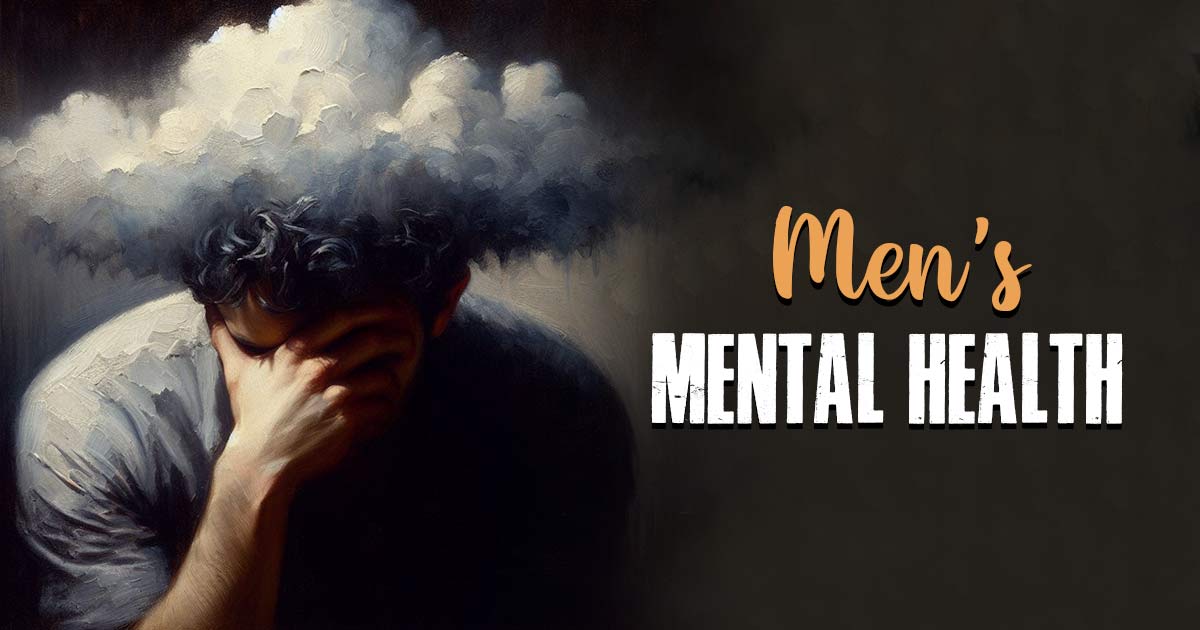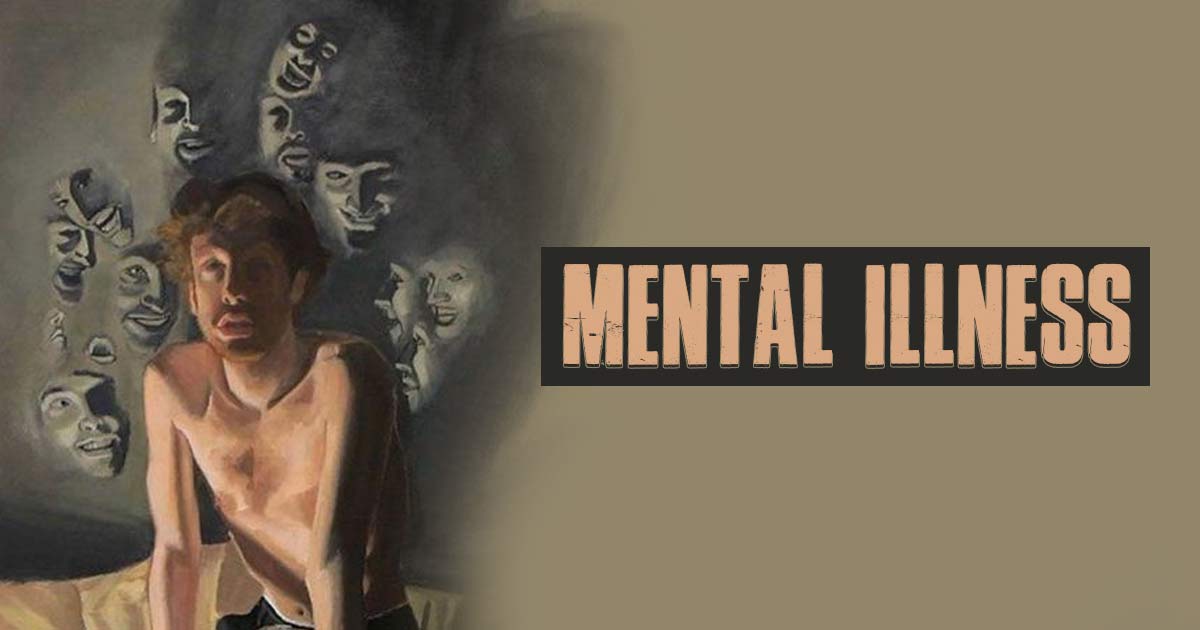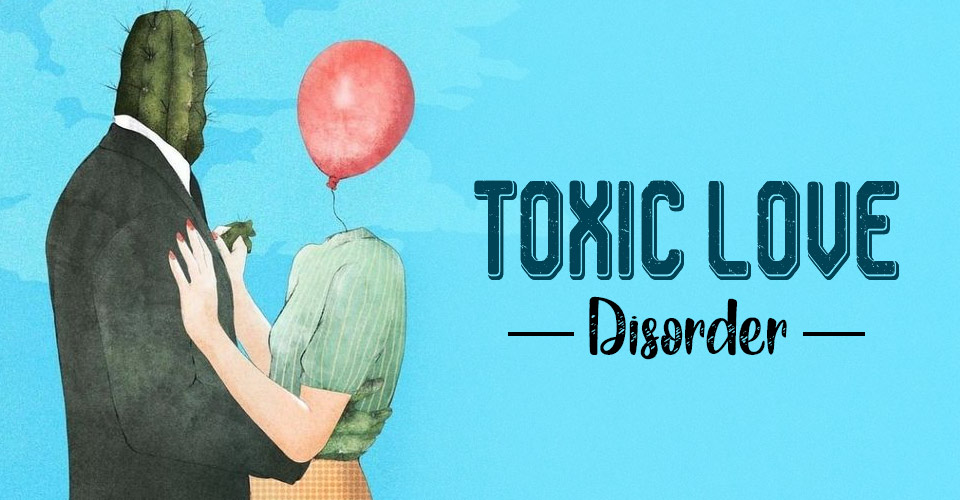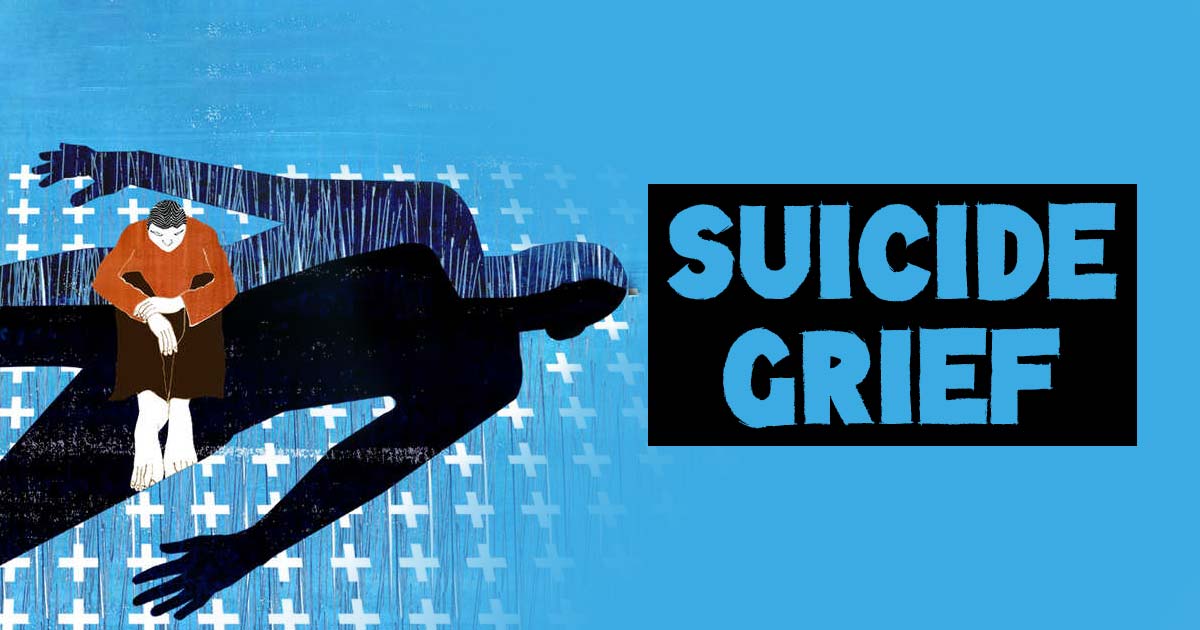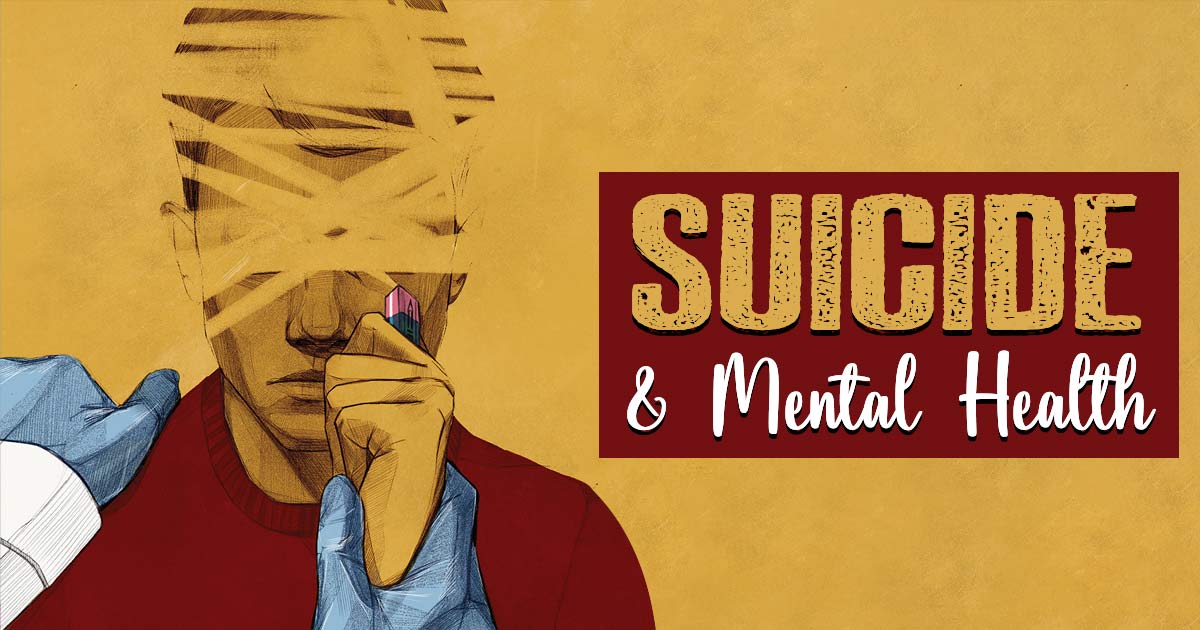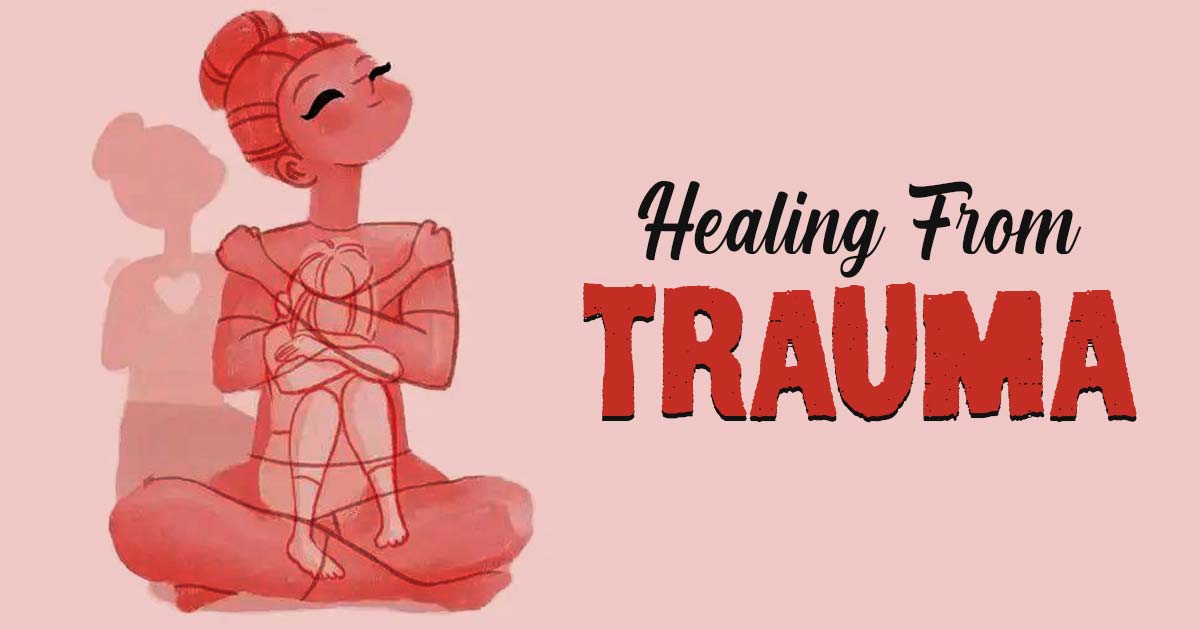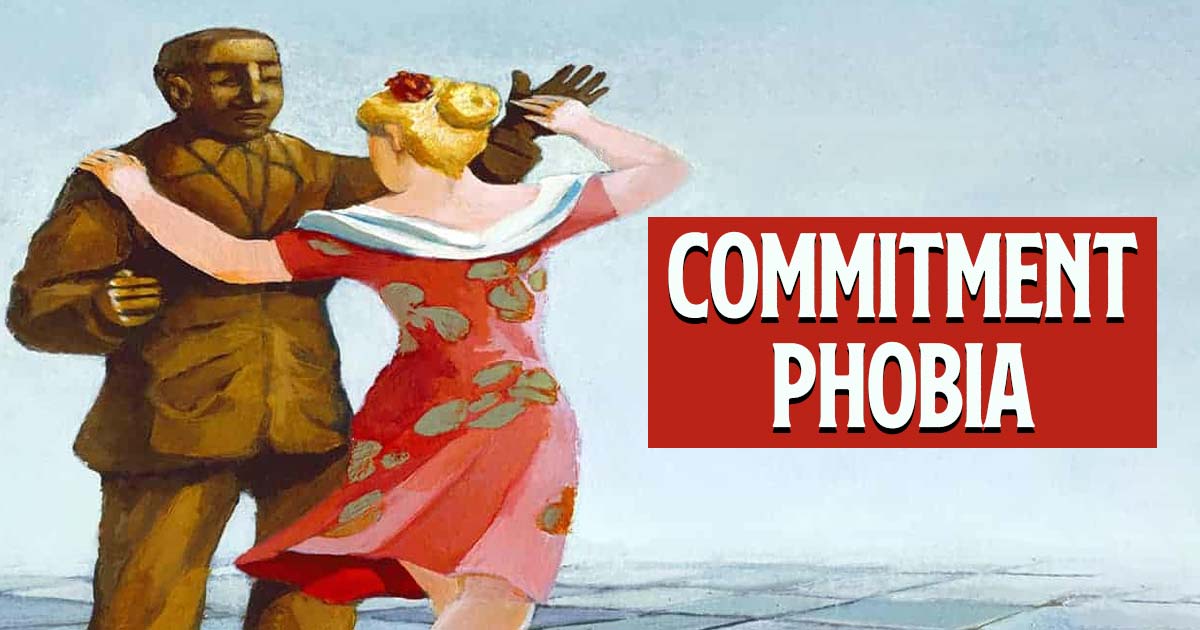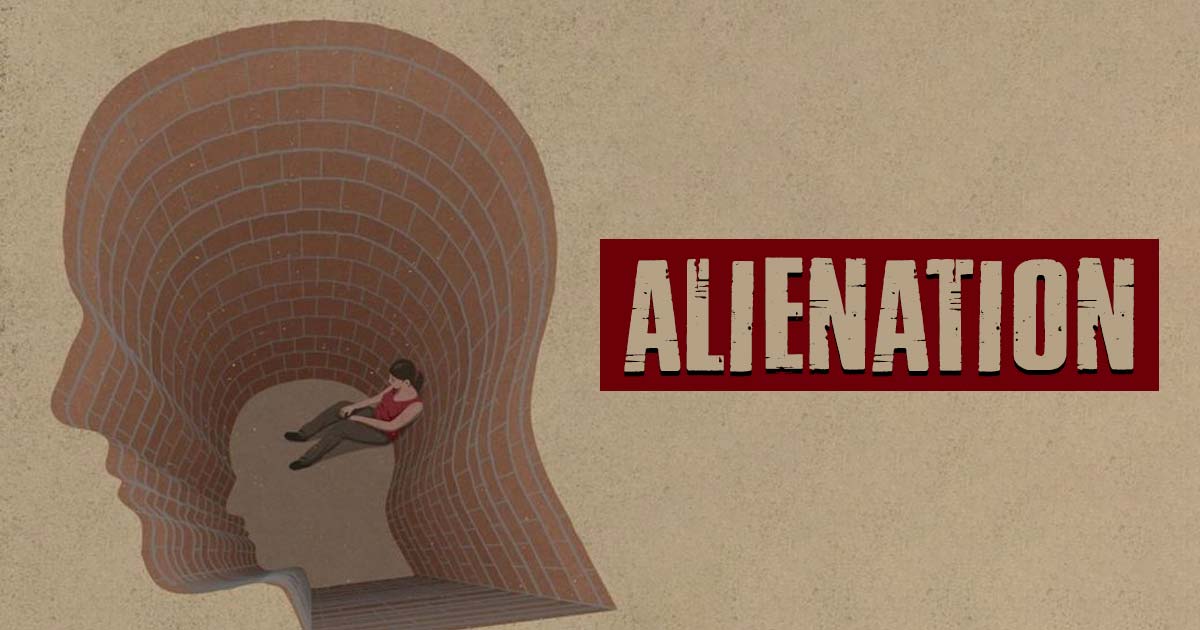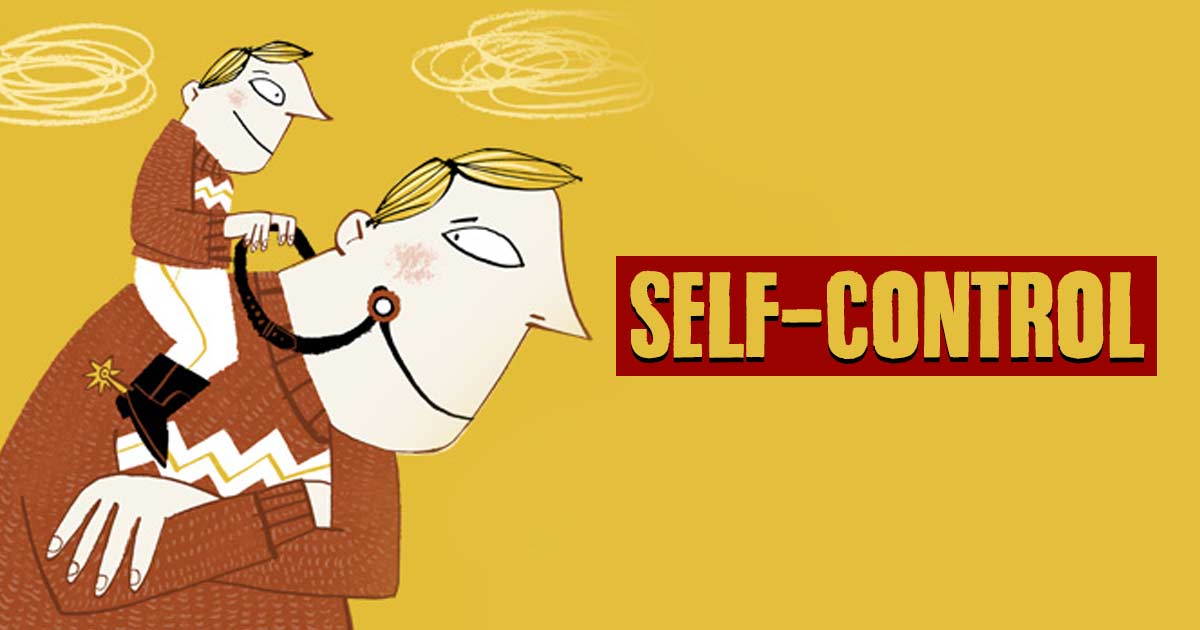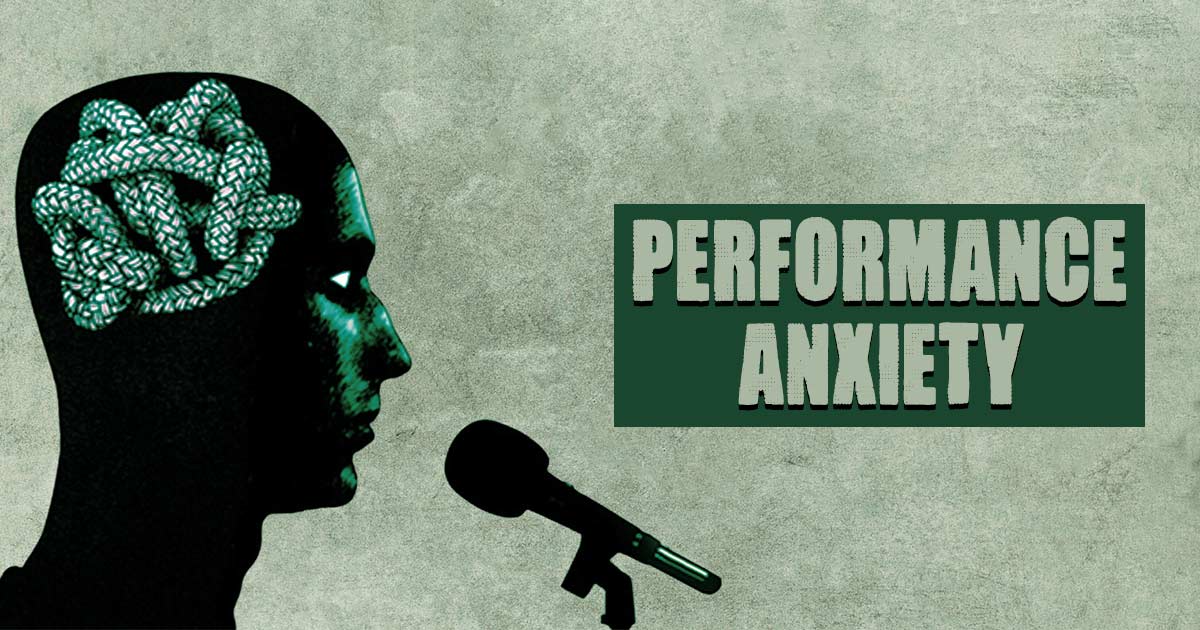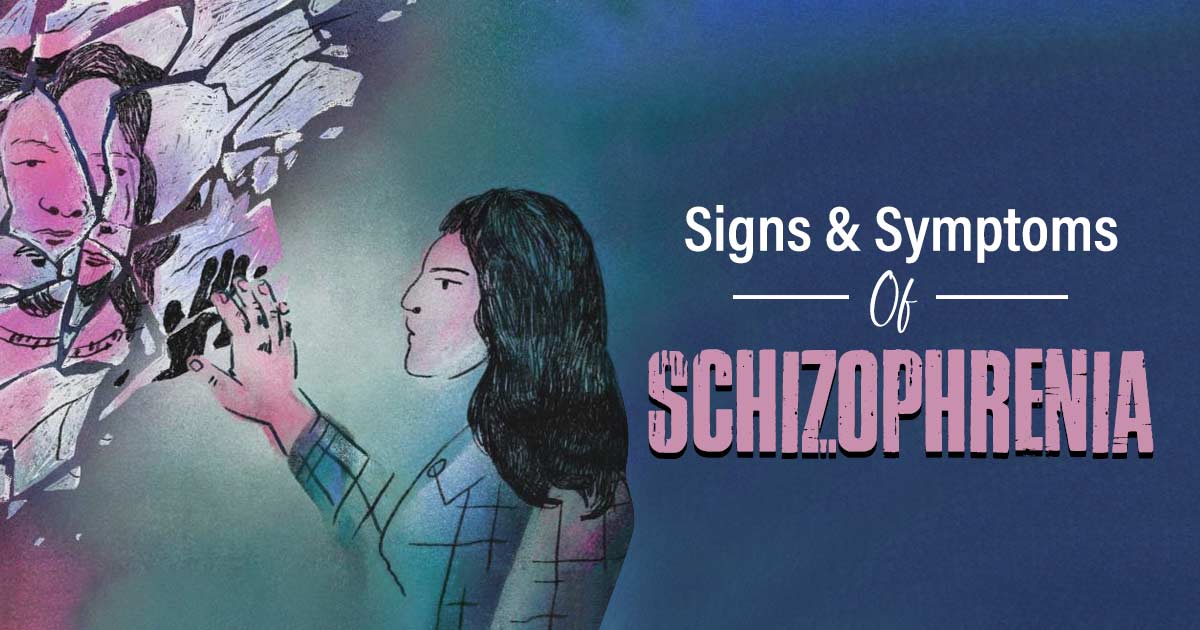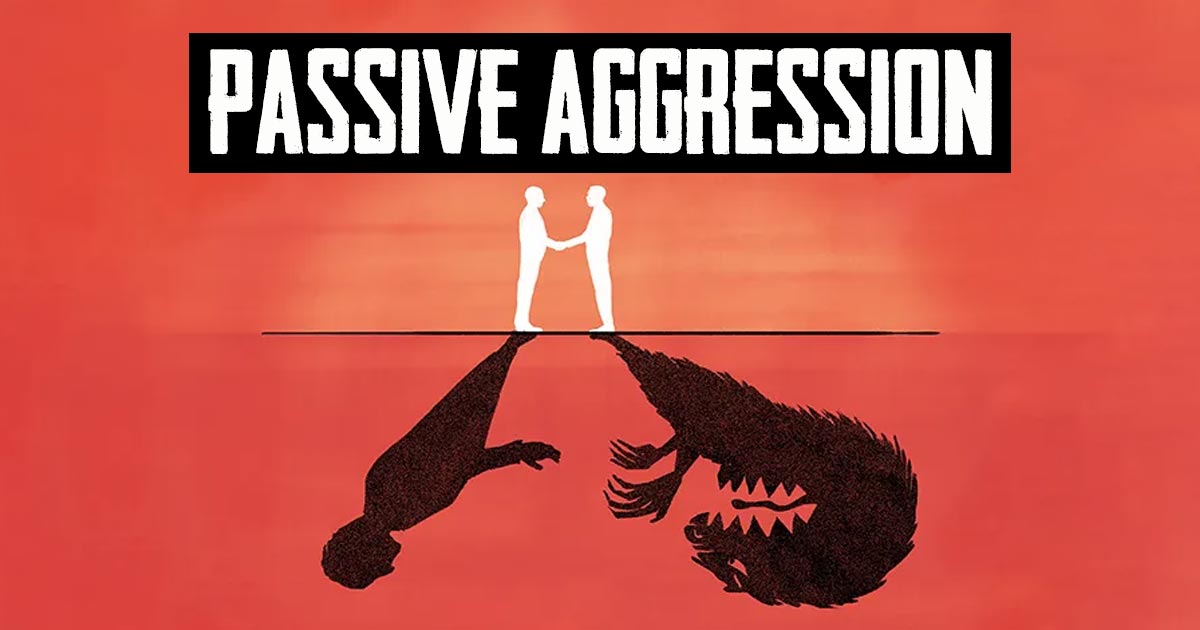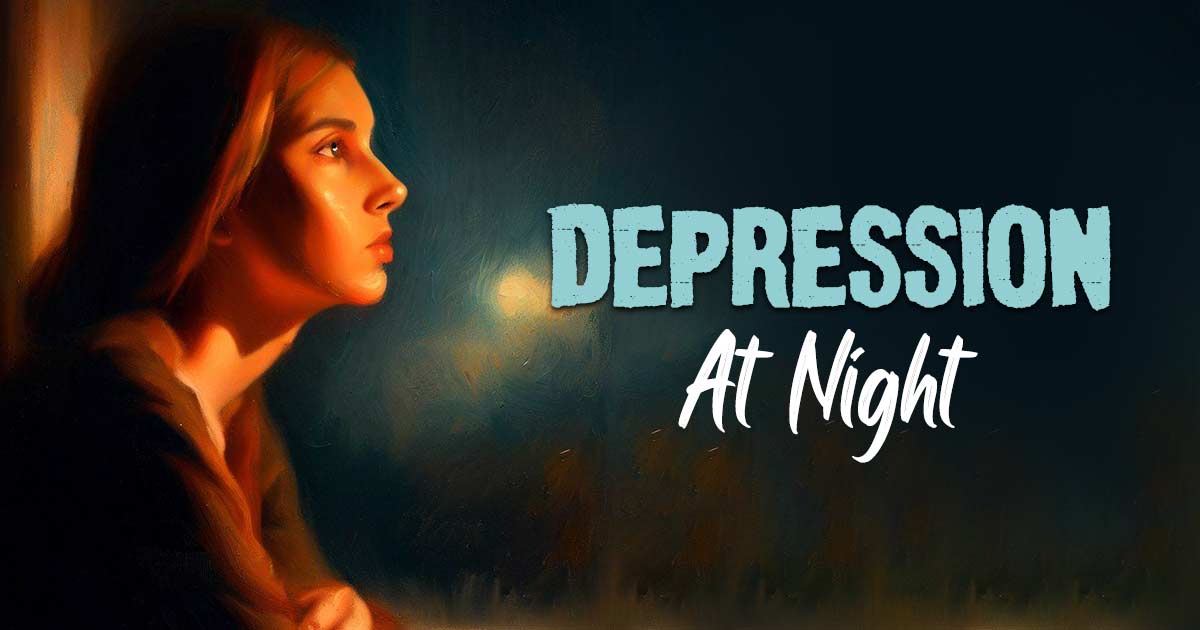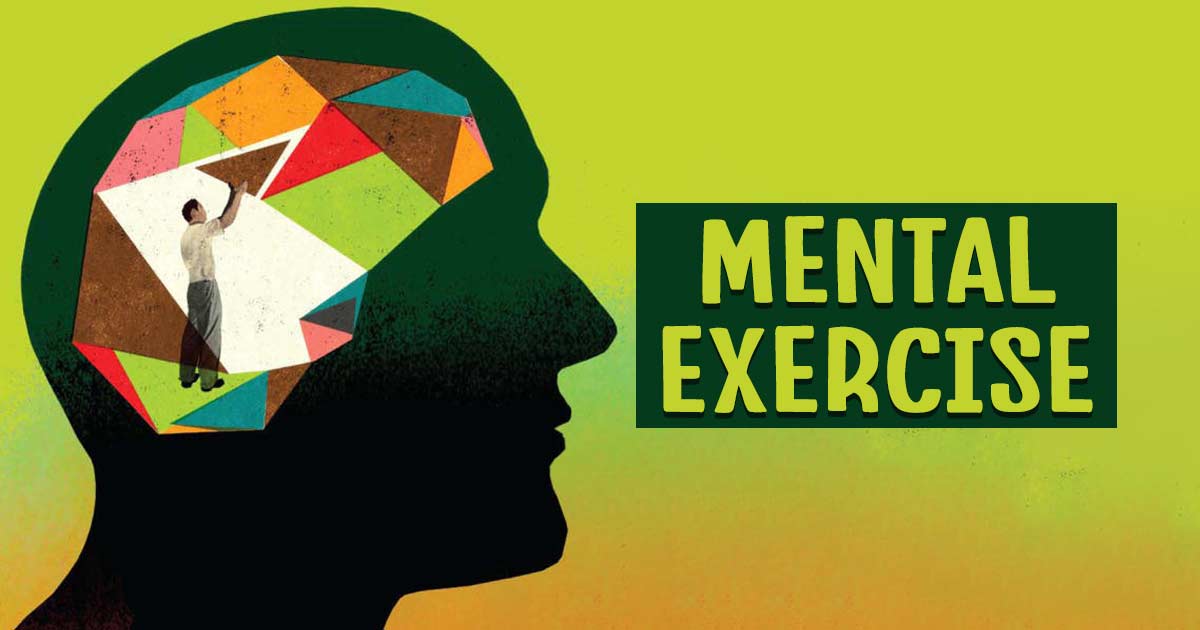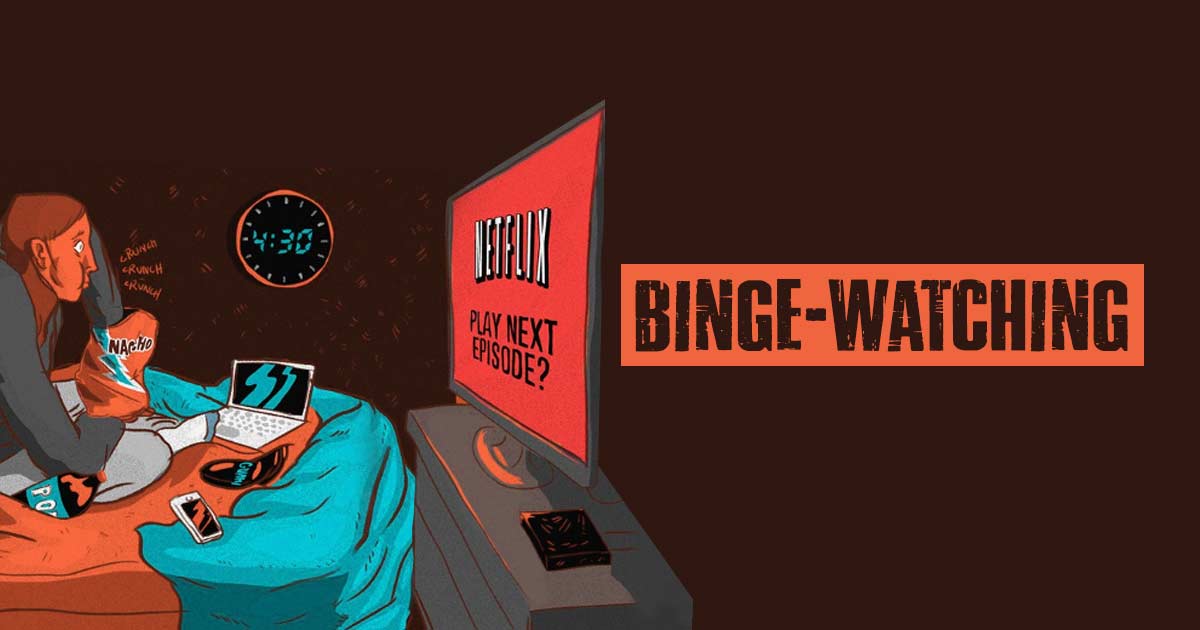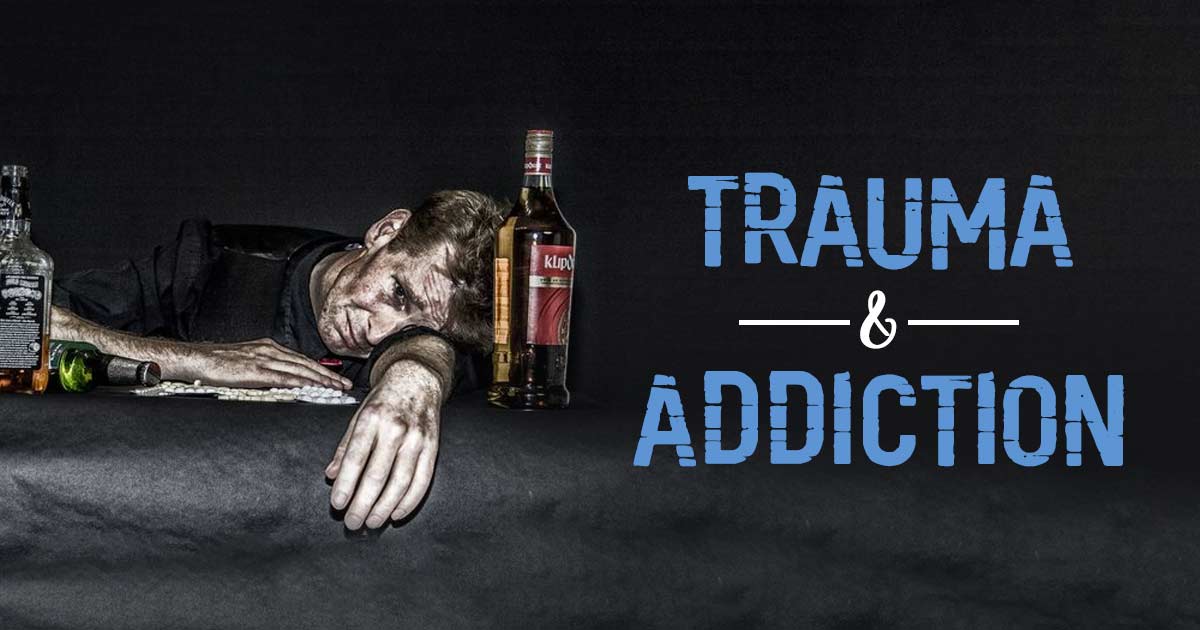Situational stress is a form of stress that results from specific temporary situations, like a conflict with a friend or a job interview. It causes feelings of worry, tension, or apprehension that typically go away once the stressful situation has passed.
What Is Situational Stress?
Situational stress is one of the common types of stress 1 de la Fuente, J., Verónica Paoloni, P., Vera-Martínez, M. M., & Garzón-Umerenkova, A. (2020). Effect of Levels of Self-Regulation and Situational Stress on Achievement Emotions in Undergraduate Students: Class, Study and Testing. International journal of environmental research and public health, 17(12), 4293. https://doi.org/10.3390/ijerph17124293 that individuals may face in their daily lives, and the level of stress can vary based on factors such as personality, coping skills, and perceived control over the situation.
While each person has their own set of capabilities to deal with their stress, some people are found to be more prone to be affected by usual things and finds an inability to function normally 2 Parsaei, R., Roohafza, H., Feizi, A., Sadeghi, M., & Sarrafzadegan, N. (2020). How Different Stressors Affect Quality of Life: An Application of Multilevel Latent Class Analysis on a Large Sample of Industrial Employees. Risk management and healthcare policy, 13, 1261–1270. https://doi.org/10.2147/RMHP.S256800 in their daily life.
Situational stress examples can include giving a public speech, meeting deadlines, or preparing for a significant exam. It is worth noting that, around 44% of adults 3 Wiegner, L., Hange, D., Björkelund, C., & Ahlborg, G., Jr (2015). Prevalence of perceived stress and associations to symptoms of exhaustion, depression and anxiety in a working age population seeking primary care–an observational study. BMC family practice, 16, 38. https://doi.org/10.1186/s12875-015-0252-7 report experiencing stress on a daily basis.


Situational Stress and Adjustment Disorder
Situational stress and adjustment disorder are both types of stress that arise from challenging situations, but they differ in several ways. Situational stress is a normal and often adaptive response 4 Stress and impairment during residency training: strategies for reduction, identification, and management. Resident Services Committee, Association of Program Directors in Internal Medicine. (1988). Annals of internal medicine, 109(2), 154–161. https://doi.org/10.7326/0003-4819-109-2-154 to a temporary challenge, and once the situation has passed, the stress typically subsides.
Adjustment disorder is a more severe and persistent response 5 O’Donnell, M. L., Agathos, J. A., Metcalf, O., Gibson, K., & Lau, W. (2019). Adjustment Disorder: Current Developments and Future Directions. International journal of environmental research and public health, 16(14), 2537. https://doi.org/10.3390/ijerph16142537 to a stressful event that results in significant impairment in social, occupational, or other important areas of functioning. This clinical diagnosis requires the presence of specific symptoms, such as marked distress, and anxiety, and these symptoms must persist for more than three months after the stressful event.
Causes Of Situational Stress
Situational stress can be caused by a variety of factors 6 Mofatteh M. (2020). Risk factors associated with stress, anxiety, and depression among university undergraduate students. AIMS public health, 8(1), 36–65. https://doi.org/10.3934/publichealth.2021004 , including:
- Events such as moving to a new city, starting a new job, getting married, or having a child can all be major stressors.
- Situations that require a task or to make a decision within a limited amount of time can be referred to as situational stress examples, such as things like exams, work deadlines, or important meetings.
- Interpersonal conflicts with friends, family, or coworkers can be stressful, such as confrontations with bosses or teachers.
- Situations that are ambiguous or unpredictable, such as financial instability, health problems, or natural disasters, can cause situational stress.
- Situations in which a person feels a lot of pressure to perform or meet certain expectations, such as in sports or academic competitions, can be stressful.
How Does Mental Health Affect Situational Stress
Various mental health conditions 7 COMMON MENTAL HEALTH DISORDERS. (2011). Nih.gov; British Psychological Society. Available from: https://www.ncbi.nlm.nih.gov/books/NBK92254/ can influence how individuals experience and handle situational stress, such as:
1. Situational Stress and Depression
Situational stress and depression are closely related, as the symptoms of depression can worsen the effects of situational stress by intensifying negative thoughts 8 Yang, L., Zhao, Y., Wang, Y., Liu, L., Zhang, X., Li, B., & Cui, R. (2015). The Effects of Psychological Stress on Depression. Current neuropharmacology, 13(4), 494–504. https://doi.org/10.2174/1570159×1304150831150507 and emotions, making it harder to cope with stressful situations, and increasing the risk of social withdrawal, isolation, and suicidal ideation.
Read More About Depression Here
2. Anxiety
Anxiety disorders can cause individuals to experience excessive worry 9 Robinson L. (1990). Stress and anxiety. The Nursing clinics of North America, 25(4), 935–943. and fear in response to situational stressors. They may also have associated physical symptoms such as rapid heartbeat, sweating, or shaking.
Read More About Anxiety Here
3. Bipolar Disorder
Bipolar disorder can badly influence situational stress, leading to extreme mood swings 10 Umeoka, E. H. L., van Leeuwen, J. M. C., Vinkers, C. H., & Joëls, M. (2021). The Role of Stress in Bipolar Disorder. Current topics in behavioral neurosciences, 48, 21–39. https://doi.org/10.1007/7854_2020_151 and impairing the ability to manage stressors effectively.
Read More About Bipolar Disorder Here
4. Post-traumatic Stress Disorder (PTSD)
PTSD can intensify the impact of situational stress by triggering flashbacks 11 Miao, X. R., Chen, Q. B., Wei, K., Tao, K. M., & Lu, Z. J. (2018). Posttraumatic stress disorder: from diagnosis to prevention. Military Medical Research, 5(1), 32. https://doi.org/10.1186/s40779-018-0179-0 or intrusive thoughts related to past traumatic experiences.
Read More About PTSD Here
5. Obsessive-compulsive Disorder (OCD)
Individuals with OCD may experience situational stress related to their obsessive thoughts 12 Morgado, P., Freitas, D., Bessa, J. M., Sousa, N., & Cerqueira, J. J. (2013). Perceived Stress in Obsessive-Compulsive Disorder is Related with Obsessive but Not Compulsive Symptoms. Frontiers in psychiatry, 4, 21. https://doi.org/10.3389/fpsyt.2013.00021 or compulsive behaviors, which can interfere with daily life.
Read More About OCD Here
Impact Of Situational Stress On Mental Health And Well-being
Here are some ways in which situational stress can affect mental health and well-being:
- Situational stress can provoke negative thoughts and emotions such as 13 Yang, L., Zhao, Y., Wang, Y., Liu, L., Zhang, X., Li, B., & Cui, R. (2015). The Effects of Psychological Stress on Depression. Current neuropharmacology, 13(4), 494–504. https://doi.org/10.2174/1570159×1304150831150507 sadness, hopelessness, and despair.
- Prolonged or excessive situational stress can contribute to the development of the feelings of worry 14 Daviu, N., Bruchas, M. R., Moghaddam, B., Sandi, C., & Beyeler, A. (2019). Neurobiological links between stress and anxiety. Neurobiology of stress, 11, 100191. https://doi.org/10.1016/j.ynstr.2019.100191 , fear, irritability, etc.
- High levels of situational stress can impair cognitive function, making it difficult to concentrate, remember details, or make decisions.
- Situational stress can make it harder to sleep 15 Kalmbach, D. A., Anderson, J. R., & Drake, C. L. (2018). The impact of stress on sleep: Pathogenic sleep reactivity as a vulnerability to insomnia and circadian disorders. Journal of sleep research, 27(6), e12710. https://doi.org/10.1111/jsr.12710 , which can cause problems like insomnia or other sleep troubles.
- Situational stress can make individuals less motivated to participate in social activities that they usually enjoy, leading to less social interaction and increased isolation.
Coping With Situational Stress
Here are some strategies that can be effective for dealing 16 Rabenu, E., & Yaniv, E. (2017). Psychological Resources and Strategies to Cope with Stress at Work. International journal of psychological research, 10(2), 8–15. https://doi.org/10.21500/20112084.2698 with situational stress:
- Practice relaxation techniques such as deep breathing, meditation, or yoga which can help to reduce stress and promote relaxation.
- Engage in physical exercise which is a great way to manage stress, as it releases endorphins that can improve mood and reduce anxiety.
- Maintain a healthy lifestyle by eating a balanced diet, getting enough sleep, and avoiding excessive alcohol or substance use which can help you to promote overall well-being and reduce stress.
- Talking to friends or family members about your stressors can be a great way to feel supported.
- Practice time-management skills by setting realistic goals to promote a sense of control.
- If certain topics consistently upset you, it may be better to identify the triggering events associated with this and evaluate posible solutions.
- If situational stress is causing significant distress, consider seeking help from a mental health professional. They can provide support, guidance, and effective treatment options.
Takeaway
Situational stress is a usual part of life and can be caused by various factors such as changes in life circumstances, work-related stressors, or relationship issues. It can have negative impacts on mental health and well-being if not managed effectively. To cope with situational stress, various strategies such as relaxation techniques, social support, and seeking professional help can be helpful.
At A Glance
- Situational stress is a type of stress that is caused by a particular event or situation.
- It is a natural part of life and can be experienced by anyone.
- Situational stress and adjustment disorder are both types of stress that arise from challenging situations.
- Situational stress can be caused by various factors such as major life transitions, work pressures, or difficulties in relationships.
- If not managed effectively, situational stress can have negative impacts on mental health and overall well-being.
- Coping mechanisms for dealing with situational stress may differ for each individual.
- Coping strategies for situational stress can include relaxation techniques, exercise, social support, and seeking professional help if needed.
Frequently Asked Questions (FAQs)
1. How does situational stress affect the body?
Situational stress can trigger the body’s fight-or-flight response, which can cause physical symptoms such as increased heart rate, rapid breathing, and sweating. If the stress is chronic, it can also lead to health problems such as high blood pressure, heart disease, and depression.
2. How can I manage situational stress?
There are many ways to manage situational stress, including practicing relaxation techniques such as deep breathing and meditation, exercising regularly, getting enough sleep, and seeking support from friends, family, or a mental health professional.
3. What is situational stress vs. chronic stress?
Situational stress is a short-term stress that arises from specific events or situations, such as a job interview or a traffic jam. Chronic stress, on the other hand, is a long-term stress that persists over a period of weeks, months, or even years, and is often caused by issues such as work-related stress, or health problems, etc.

